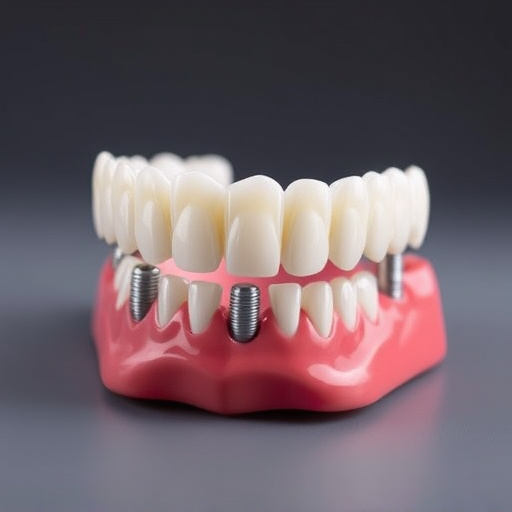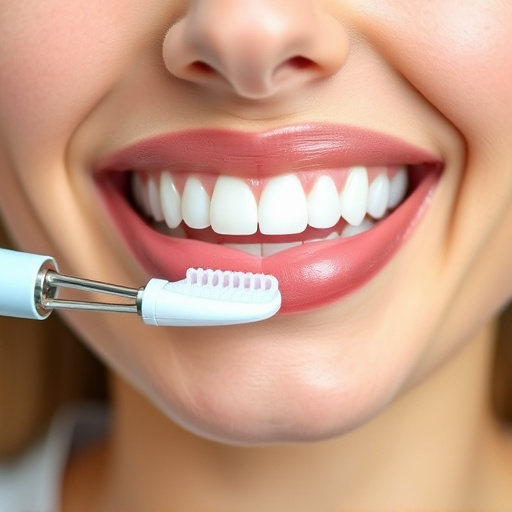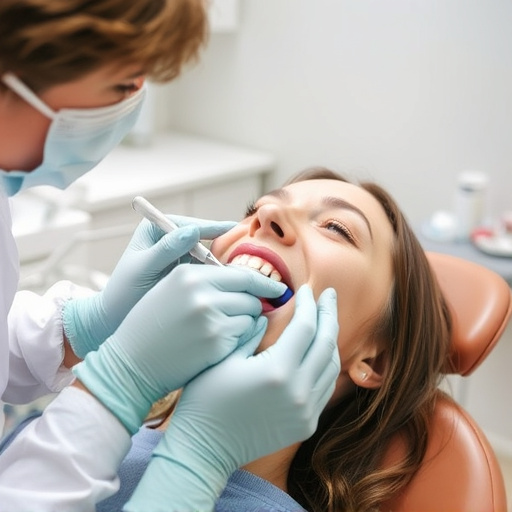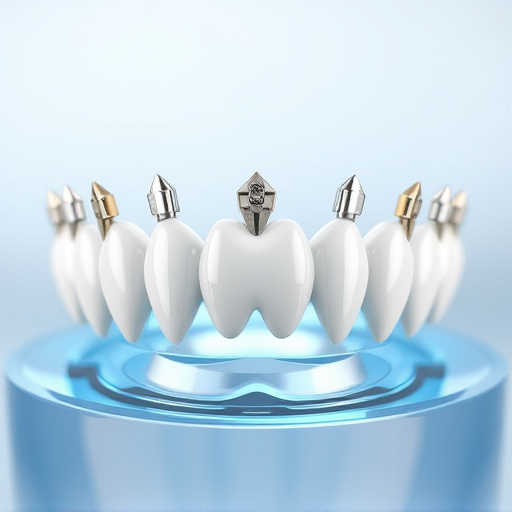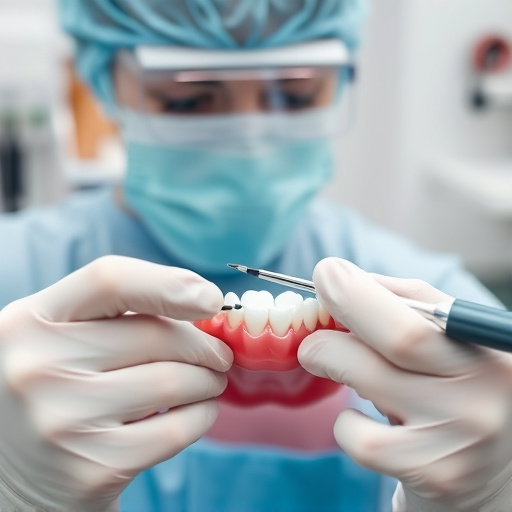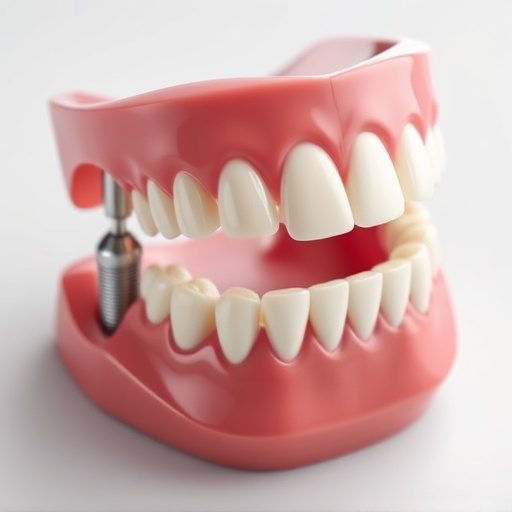Dry mouth, caused by dehydration or medical issues, requires prompt addressal for oral health. Solutions include lifestyle changes like increased water intake and humidifying foods, reducing caffeine and alcohol, regular exercise, and oral exams. Counseling integrates psychological support into dry mouth solutions, enhancing quality of life through tailored coping mechanisms and restorative dentistry.
Dry mouth can significantly impact daily life, but comprehensive solutions exist to alleviate symptoms. This article delves into effective strategies, emphasizing lifestyle counseling as a powerful tool in managing dry mouth. We explore the causes and symptoms, offering insights into how simple adjustments can provide relief. Additionally, we discuss integrating counseling into care plans, addressing the psychological aspects of this condition. By understanding these multifaceted approaches, individuals can take control and find lasting dry mouth solutions.
- Understanding Dry Mouth Causes and Symptoms
- Exploring Lifestyle Changes for Relief
- Integrating Counseling into Comprehensive Care Plans
Understanding Dry Mouth Causes and Symptoms
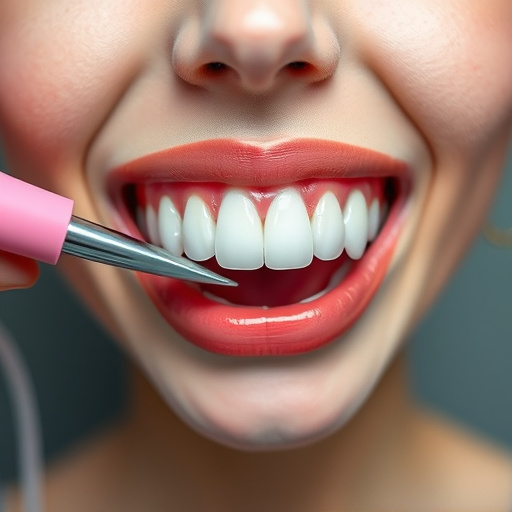
Dry mouth, or xerostomia, is a common condition that can have various causes and symptoms. It occurs when your saliva glands don’t produce enough saliva, leading to an uncomfortable dryness in the mouth. Understanding both the reasons behind dry mouth and its telltale signs is essential in seeking effective dry mouth solutions.
The causes can range from simple dehydration, which is often overlooked, to more complex issues like certain medications, medical conditions, or even side effects of radiation therapy. Symptoms include a persistent dry feeling in the mouth, difficulty swallowing, increased thirst, and a decreased ability to taste. In some cases, it may also lead to bad breath, tooth decay, or gum disease, which is why addressing it promptly is crucial for maintaining optimal oral health, including preventive dentistry and even exploring cosmetic options like clear aligners.
Exploring Lifestyle Changes for Relief
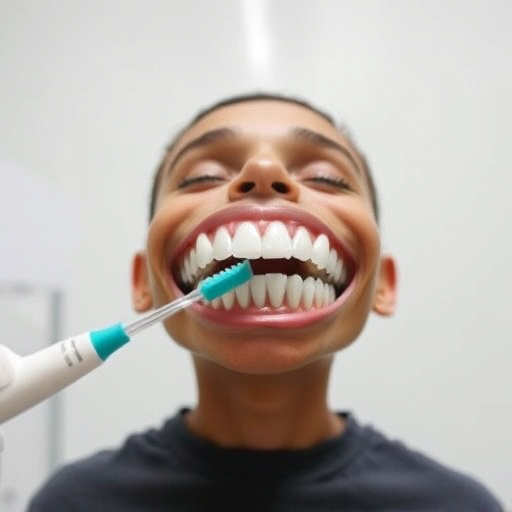
Many people suffering from dry mouth find relief by exploring lifestyle changes. This may include adjusting diet to incorporate more water and humidifying foods like fruits and vegetables, which can naturally increase saliva production. Additionally, reducing caffeine and alcohol intake can significantly mitigate symptoms, as these substances are known to dehydrate the body. Regular exercise is another key factor; staying active promotes better hydration levels overall.
Scheduling routine oral exams with your dentist is essential for managing dry mouth over the long term. They can offer tailored advice based on your specific condition and provide comprehensive dental care. Moreover, addressing any underlying issues like gum disease or tooth repair can also alleviate dry mouth symptoms. By combining these lifestyle adjustments with professional guidance, individuals can achieve lasting relief from this uncomfortable condition and maintain optimal oral health.
Integrating Counseling into Comprehensive Care Plans
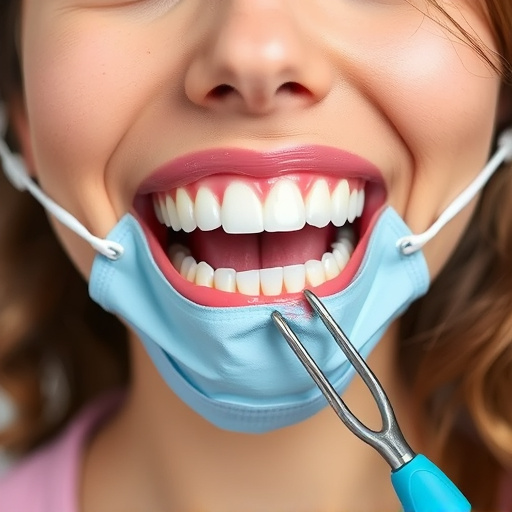
Integrating counseling into comprehensive dry mouth solutions offers a holistic approach to patient care. This strategy recognizes that dry mouth is more than just a medical condition; it can significantly impact an individual’s quality of life, affecting their eating, sleeping, and social interactions. By incorporating counseling sessions, dental professionals can address the psychological and emotional aspects associated with dry mouth. Such sessions can help patients cope with anxiety, stress, or depression stemming from their condition, thereby enhancing their overall well-being.
Counseling provides a safe space for patients to express concerns, learn coping mechanisms, and explore lifestyle changes that could alleviate symptoms. In conjunction with restorative dentistry procedures like emergency dental care and cosmetic fillings (for any resulting oral issues), counseling ensures patients receive multi-faceted support tailored to their unique needs. This integrated approach not only treats the symptom but also focuses on improving patients’ relationships with their mouths, fostering a more positive perception of oral health management in the long term.
Comprehensive dry mouth solutions go beyond treatment options, incorporating lifestyle counseling as an integral part of care. By understanding the root causes and exploring personalized lifestyle changes, individuals can significantly alleviate symptoms. Integrating counseling into their care plans empowers patients to manage dry mouth effectively, offering long-lasting relief and improved quality of life. These holistic approaches ensure a more satisfying and balanced experience for those seeking effective dry mouth solutions.






